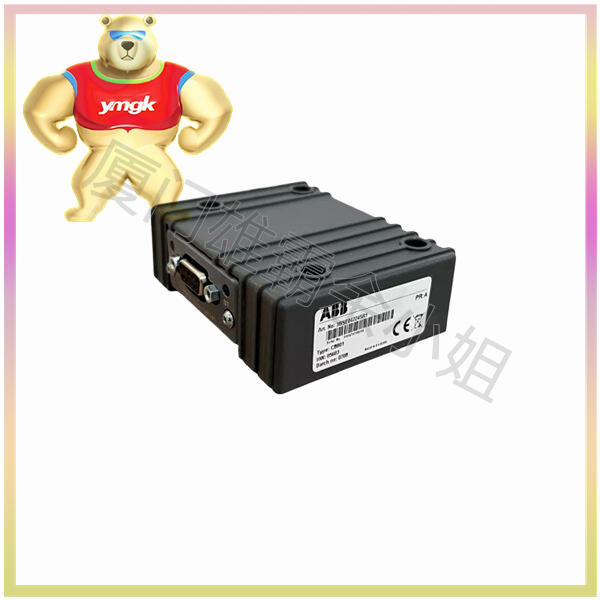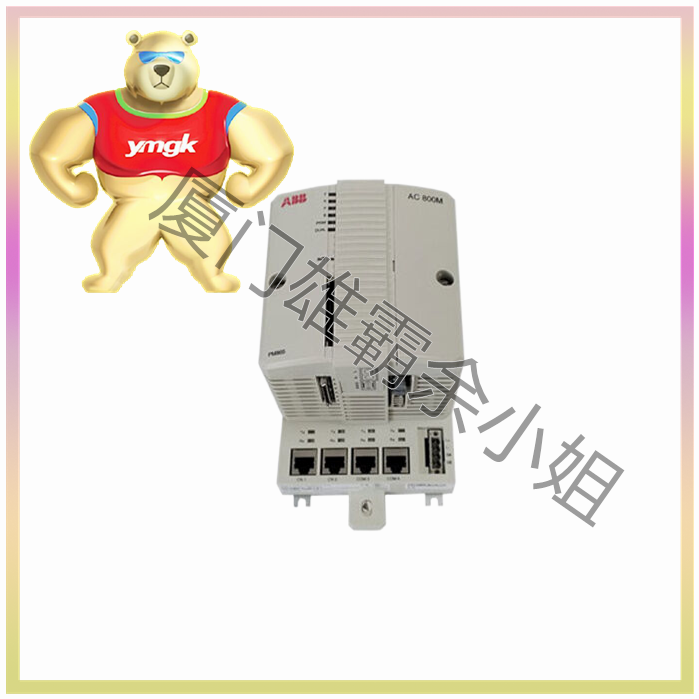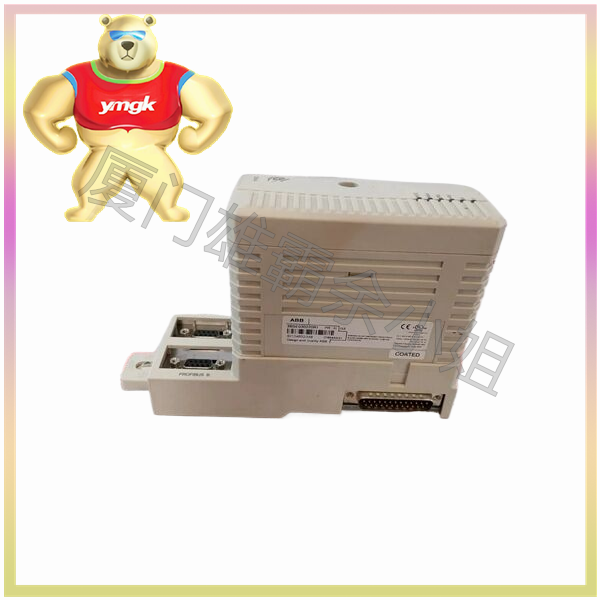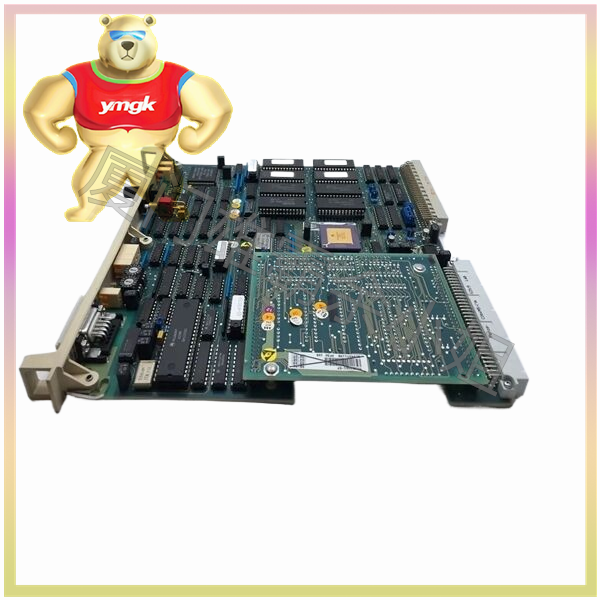Power interference
Power interference is one of the most common sources of interference in servo control systems. It mainly affects system performance through two ways: one is interference from the power supply of the transmitter or the power supply of the shared signal instrument, which is often overlooked, but its impact on the system cannot be ignored; The second is the interference induced by electromagnetic radiation in space on the signal line, that is, the external induced interference on the signal line, which is often particularly severe. Power interference may cause damage to internal components of the servo control system, leading to system malfunctions.
To reduce the impact of power interference, the following measures can be taken:
Use voltage regulators, isolation transformers, and other equipment to stabilize power supply voltage and reduce grid interference.
Shielding the signal lines to reduce external induced interference.
Optimize power wiring to avoid parallel routing with signal lines and reduce electromagnetic coupling.
Interference introduced by signal lines
The interference introduced by signal lines is also one of the common sources of interference in servo control systems. Interference introduced by signals can cause abnormal operation of circuit board components, and in severe cases, it can lead to component damage. For systems with poor isolation performance, it will also lead to mutual interference between signals, causing common ground system bus backflow, resulting in logical data changes, misoperations, and crashes. The interference introduced by signal lines often occurs in applications with long signal distances.
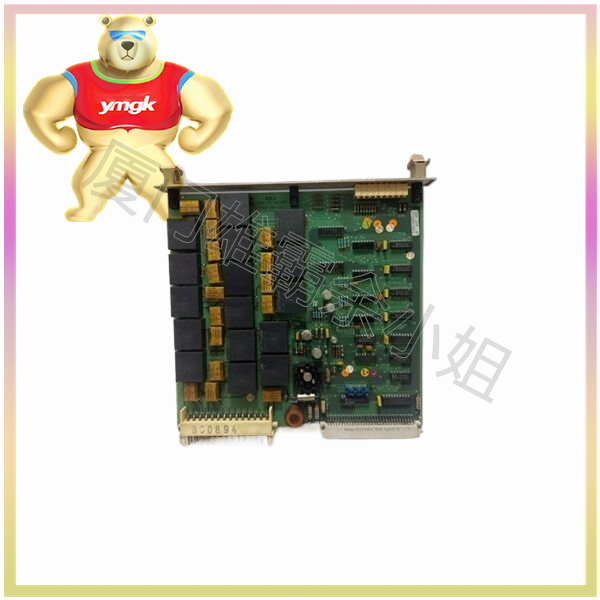
To reduce the interference introduced by signal lines, the following measures can be taken:
Use shielded cables or twisted pair cables to reduce external electromagnetic radiation interference.
For long-distance transmission signal lines, relay isolation is used to shield induced voltage.
Optimize signal line routing, avoid parallel wiring with power lines, and reduce electromagnetic coupling.
Interference caused by chaotic grounding system
Grounding is one of the effective means to improve the anti-interference ability of electronic devices, but incorrect grounding can actually introduce serious interference signals, making the system unable to function properly. In the servo control system, if the grounding system is chaotic, the potential distribution of each grounding point is uneven, and there is a ground potential difference between different grounding points, it will cause ground loop current and affect the normal operation of the system.
To solve the problem of chaotic grounding system, the following measures need to be taken:
Reasonably plan the grounding of the system to ensure uniform potential distribution at each grounding point.
Use low impedance grounding wires to reduce the impact of ground loop currents.
For high-level and low-level signals, separate grounding is used to avoid mutual interference.
Electromagnetic interference (EMI) and radio frequency interference (RFI)
Electromagnetic interference and radio frequency interference are another common source of interference in servo control systems. These interferences mainly come from space radiation electromagnetic fields generated by power networks, lightning, radio broadcasting, and radar. These interferences can be caused by direct radiation inside the servo or by induction through communication lines.
To reduce the impact of electromagnetic interference and radio frequency interference, the following measures can be taken:
Use shielded cables to reduce the impact of external electromagnetic interference on signals.
Ensure good grounding of the system and reduce electrical interference.
Add a filter to the power line to suppress high-frequency noise.
Other sources of interference
In addition to the common sources of interference mentioned above, servo control systems may also be affected by other factors such as temperature changes, mechanical vibrations and impacts, back electromotive force, etc. These interferences may have adverse effects on system performance.



